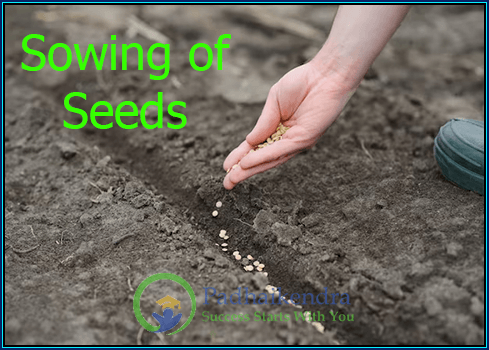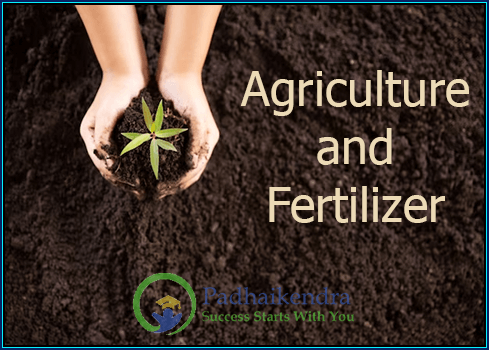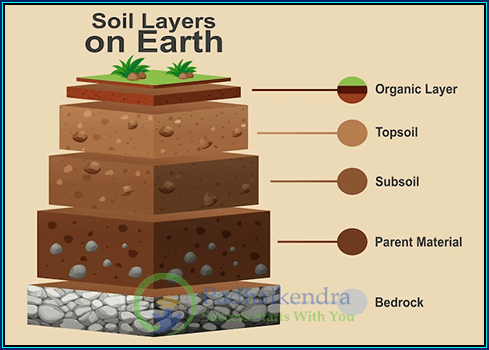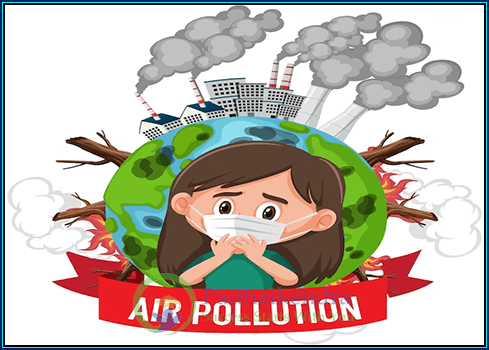Specialized horticulture and floriculture, or flower culture, involves the cultivation and production of high-value horticultural crops, including flowers, ornamental plants, and fruits and vegetables, for commercial purposes.
In floriculture, flowers and ornamental plants are grown for decorative or aesthetic purposes, and are often sold to florists, wholesalers, and retailers for use in bouquets, arrangements, and other floral products. The most commonly grown flower crops include roses, carnations, chrysanthemums, and lilies, among others.
Specialized horticulture involves the production of high-value fruits and vegetables that are often grown in controlled environments, such as greenhouses, to optimize growing conditions and yields. Examples of high-value horticultural crops include tomatoes, cucumbers, peppers, and strawberries, among others.
Both specialized horticulture and floriculture require intensive management and use of advanced technology, including irrigation systems, climate control systems, and pest management strategies. They also require a high level of labor, particularly during planting and harvesting.
Specialized horticulture and floriculture can be important sources of income and employment, particularly in regions with favorable growing conditions and access to markets. However, they can also have negative impacts on the environment, particularly if intensive pesticide and fertilizer use is not managed sustainably.
To mitigate these negative impacts, sustainable horticultural and floricultural practices are being developed, including integrated pest management, which involves using a combination of biological, cultural, and chemical strategies to manage pests and diseases, and organic production methods, which rely on natural fertilizers and pest control measures.
Overall, specialized horticulture and floriculture can provide significant economic benefits, but it is important to balance the benefits with the potential environmental impacts and work towards sustainable practices.





